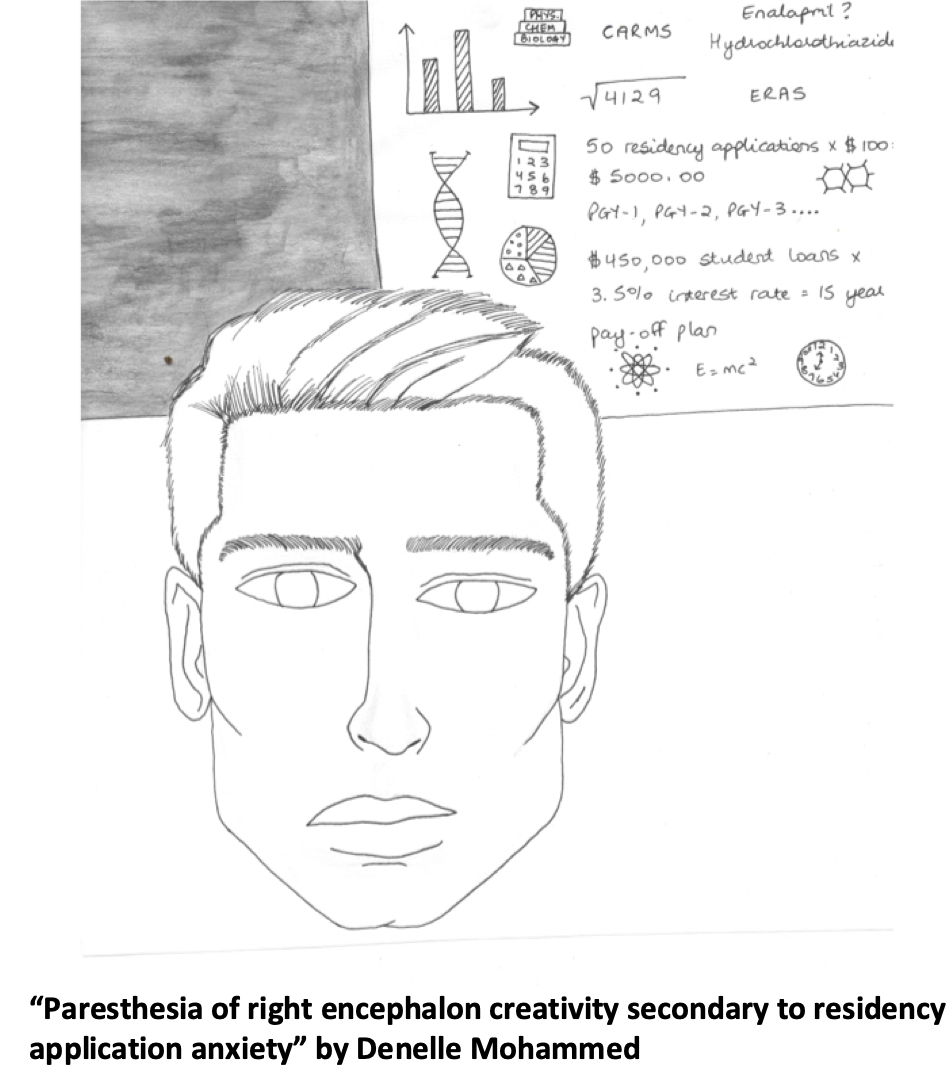Analysis of factors affecting Canadian medical students’ success in the residency match
DOI:
https://doi.org/10.36834/cmej.68981Abstract
Background: In North America, there is limited data to support deliberate application strategies for post-graduate residency training. There is significant interest in determining what factors play a role in Canadian medical graduate (CMG) matching to their first choice discipline and heightened concern about the number of students going unmatched altogether.
Methods: We analyzed matching outcomes of CMGs based on seven years (2013-2019) of residency application data (n= 13,499) from the Canadian Residency Matching Service (CaRMS) database using descriptive and binary logistic regression modeling techniques.
Results: The sample was 54% female, with 60% between the ages of 26 and 29, and 60% attended medical schools in Ontario. Applicants who received more rankings from residency programs were more likely (OR = 1.185, p < 0.001) to match. Higher research activities (OR = 0.985, p < 0.001) and number of applications submitted (OR = 0.920, p < 0.001) were associated with a reduced likelihood of matching. Number of volunteer activities and self-report publications did not significantly affect matching. Being male (OR = 0.799, p < 0.05) aged <25 (OR = 0.756, p < 0.05), and from Eastern (OR = 0.497, p < 0.01), or Western (OR = 0.450, p < 0.001) Canadian medical schools were predictors of remaining unmatched.
Conclusions: This study identified several significant associations of demographic and application factors that affected matching outcomes. The results will help to better inform medical student application strategies and highlight possible biases in the selection process.
Downloads
Published
Issue
Section
License
Submission of an original manuscript to the Canadian Medical Education Journal will be taken to mean that it represents original work not previously published, that it is not being considered elsewhere for publication. If accepted for publication, it will be published online and it will not be published elsewhere in the same form, for commercial purposes, in any language, without the consent of the publisher.
Authors who publish in the Canadian Medical Education Journal agree to release their articles under the Creative Commons Attribution-Noncommercial-No Derivative Works 4.0 Canada Licence. This licence allows anyone to copy and distribute the article for non-commercial purposes provided that appropriate attribution is given. For details of the rights an author grants users of their work, please see the licence summary and the full licence.











